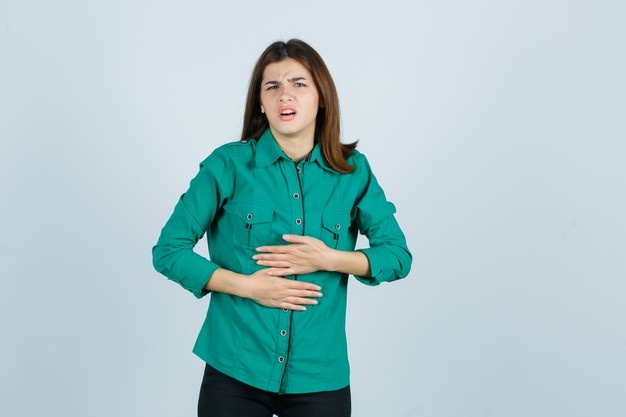
13 Dec What is Endometriosis and How is it Treated?
Do you suffer from severe cramps, irregular bleeding or pain during and/or after sex? If so, there’s a chance you have endometriosis. One of the most common reproductive conditions affecting women. Endometriosis occurs when the endometrium, the tissue that lines the uterus, grows outside of the uterus. While it can be diagnosed in any woman who has gone through puberty, it is typically found in women between the ages of 30 and 40. Here’s in detail the best Gynaecologist in Delhi who will tell you about Endometriosis and How is endometriosis treated? Read on!
What is Endometriosis
Your endometrium was designed to be in one place – the uterus. However, rogue endometrial tissue can wind up in a range of places you would never suspect it to be, including the fallopian tubes, ovaries, the connective tissues that hold the reproductive parts together, the outer surface of the uterus, and the lignin of the pelvic cavity. In more severe cases, this tissue is found in the vagina, on the cervix, vulva, bladder, bowels, and rectum. In extremely rare cases, it is found in the brain, lungs, and skin.
It wouldn’t seem like this misplaced tissue would be all that disruptive, however, when it’s time for a woman with endometriosis to start her period, and her body gets the signal to shed the endometrium, there isn’t a way for these misplaced tissue clusters to be shed effectively, which can lead to a host of extremely unpleasant side effects. Unfortunately, one of the worst effects of endometriosis can be infertility.
What are the Symptoms of Endometriosis?
Some women never experience any symptoms even with widespread endometriosis. Others experience severe side effects. It all depends on you, your body, your pain tolerance, and the severity of your endometriosis. In addition to the cramps and pain during intercourse we mentioned above, symptoms of endometriosis include:
- Spotting in between periods.
- Chronic pain in the lower back, abdomen, or pelvis area, especially during your period.
- Intestinal pain
- Fatigue
- Chronic bloating, bowel issues, or nausea that is often exacerbated during your period.
- Difficulty getting pregnant or complete infertility
Treatment for Endometriosis
There is no known cure for endometriosis. In mild cases of endometriosis, your doctor may only recommend that you keep an anti-inflammatory/pain reliever on hand to treat the pain and discomfort associated with flare-ups, usually during your period.
Hormone therapy.
Since hormone levels do play a role in endometriosis, some patients find relief from being on hormonal birth control. This is typically recommended for women with mild to mild-moderate cases and who aren’t interested in getting pregnant at that time. It may involve a birth control pill or progestins that shrink the endometrial lining and/or can be used to regulate hormone levels.
Surgery.
For severe cases of endometriosis, especially those that seem to be affecting fertility, your doctor may recommend surgery. There are multiple types of surgeries that can be used, including laparoscopy or laparotomy. In worst-case scenarios, or for women who are no longer interested in getting pregnant, a hysterectomy can be performed to remove the entire uterus, which keeps endometrial tissue from forming again.
Do you suspect you have endometriosis? Schedule an appointment with Dr. Usha M Kumar, the Best Gynaecologist in Delhi who listens to your symptoms and provides a routine exam to determine whether or not your condition requires treatment.




Sorry, the comment form is closed at this time.